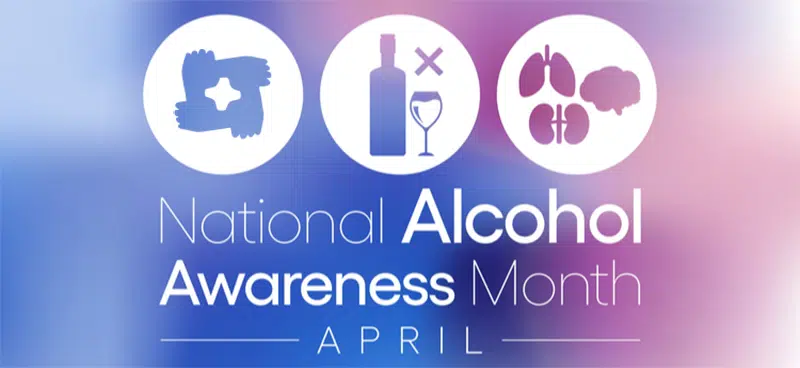
Since 1987, April has been recognized as Alcohol Awareness Month courtesy of the National Council on Alcoholism and Drug Dependence. The goal of this dedicated month is to help spread information on the true consequences of alcohol abuse and addiction. During a time where the National Poison Control has to put out a statement on “blackout rage gallons”, or “borgs”, it’s easy to see how desperately we need better education on problem drinking.
The Goal of Alcohol Awareness Month
While many people feel uncomfortable talking about personal medical issues, the stigma surrounding alcohol abuse, addiction, and treatment can make it even more challenging to discuss. Even if alcohol is a known issue in their life, some individuals feel they don’t have the support or access to treatment that would make trying to quit worth it. They may even feel that alcohol is required to make them feel “normal” despite how much alcohol alters the mind.
Those with longstanding bouts of alcoholism sometimes see no problem at all when they take a step back. The amount of drinking they do may be normal for their environment or seen as a form of social status if going out to party is the standard outing. They may not realize how much it’s costing them financially and health-wise.
Having the full month of April to spread awareness is a boon for the efforts of those working to reduce alcoholism’s presence. The resources presented during April are always available, but this month gives them a platform to stand on to be seen by those who need it most.
How To Help With Alcohol Awareness Month
If you’re looking to get involved with spreading awareness, the first places to check are local colleges and rehab facilities. Binge drinking among college students is an ongoing crisis that stems from a mix of easier alcohol access, a party culture, and stressful school work. Students are quick to turn to alcohol as a form of self-medication for stress or social anxieties. Local treatment centers may be holding public talks that you can attend to learn more about the recovery process through their stories.
For individuals in need of treatment or know someone who does, the best next step is to reach out to America’s Rehab Campus today. Our compassionate team of intake specialists can answer any questions you have about treatment, payments, insurance verification, and even transportation assistance to help make treatment more accessible.

